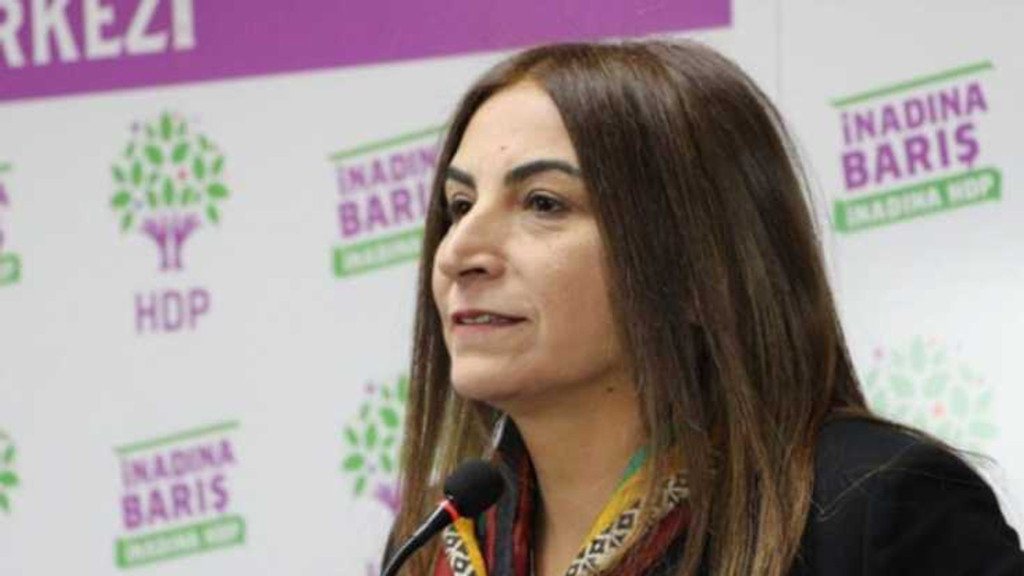A lawyer for a former pro-Kurdish Peoples’ Democratic Party (HDP) politician whose continued imprisonment was ordered by a Turkish court last week despite claims that she is suffering from dementia, has said she must be released immediately to receive proper treatment, the Cumhuriyet daily reported on Thursday.
Deputy co-chair of the HDP before her arrest in 2016, Tuğluk, 57, was arrested for her activities with the Democratic Society Congress (DTK), an organization considered by Turkish authorities to be linked to the Kurdistan Workers’ Party (PKK), which is listed as a terrorist organization by Ankara and its Western allies.
She was sentenced in 2018 to 10 years in prison for “membership in a terrorist organization.”
Although her release was ordered as part of another case, an Ankara court last week ruled that she stay in prison due to the 2018 conviction.
The former politician’s lawyer, Serdar Çelebi, said following Friday’s ruling that it was issued despite the fact that “the judges saw with their own eyes that Ms. Tuğluk did not understand the questions put to her and was not able to present a defense.”
“But they refused to consider the reports we submitted and transfer her to a hospital,” he added.
Speaking to the Cumhuriyet daily on Thursday, Çelebi again underlined that Tuğluk wasn’t in a position to be left alone on the outside, let alone in prison.
“She can’t meet any of her needs on her own. She needs to get out of prison immediately for treatment,” the lawyer said, adding, “As in the case of Çevik Bir, a person with dementia cannot stay in prison.”
The lawyer was referring to the case of then-Chief of General Staff Bir, who was handed down a life sentence in 2018 for his role in the post-modern coup of 1997 and was released from prison due to dementia earlier this month.
Bir, among others, was accused of “forming criminal associations to overthrow the government of the Republic of Turkey” as part of a case that tackles the infamous military intervention of Feb. 28, 1997, often described as a “postmodern coup,” which did not result in direct military rule but forced the late Prime Minister Necmettin Erbakan to resign after the National Security Council (MGK) issued a memorandum.

